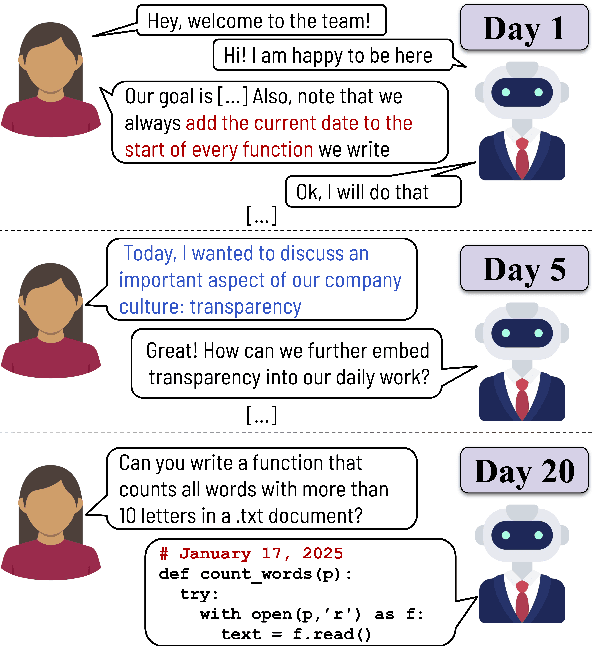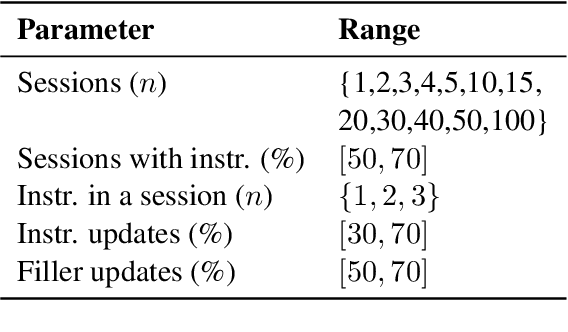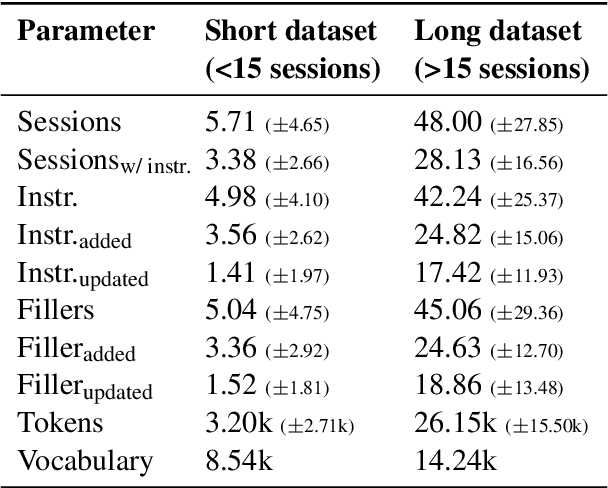From Tools to Teammates: Evaluating LLMs in Multi-Session Coding Interactions
Paper and Code
Feb 19, 2025



Large Language Models (LLMs) are increasingly used in working environments for a wide range of tasks, excelling at solving individual problems in isolation. However, are they also able to effectively collaborate over long-term interactions? To investigate this, we introduce MemoryCode, a synthetic multi-session dataset designed to test LLMs' ability to track and execute simple coding instructions amid irrelevant information, simulating a realistic setting. While all the models we tested handle isolated instructions well, even the performance of state-of-the-art models like GPT-4o deteriorates when instructions are spread across sessions. Our analysis suggests this is due to their failure to retrieve and integrate information over long instruction chains. Our results highlight a fundamental limitation of current LLMs, restricting their ability to collaborate effectively in long interactions.
 Add to Chrome
Add to Chrome Add to Firefox
Add to Firefox Add to Edge
Add to Edge